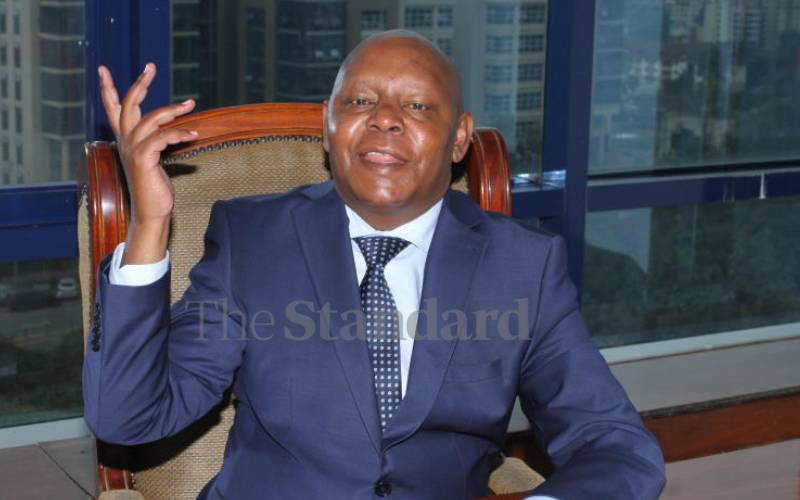
One year and nine months ago, on November 2, 2020, lawyer Paul Gicheru took a lone flight to the International Criminal Court (ICC) and handed himself to the court that had been hunting him for alleged witness interference in the case against William Ruto, then Deputy President, and radio journalist Joshua Sang.
In what was an odd decision, the man who was on the ICC's black book alongside journalist Walter Barasa and Philip Bett flew to the Netherlands, igniting yet another moment for the country to revisit the happenings of the 2007-2008 polls violence.